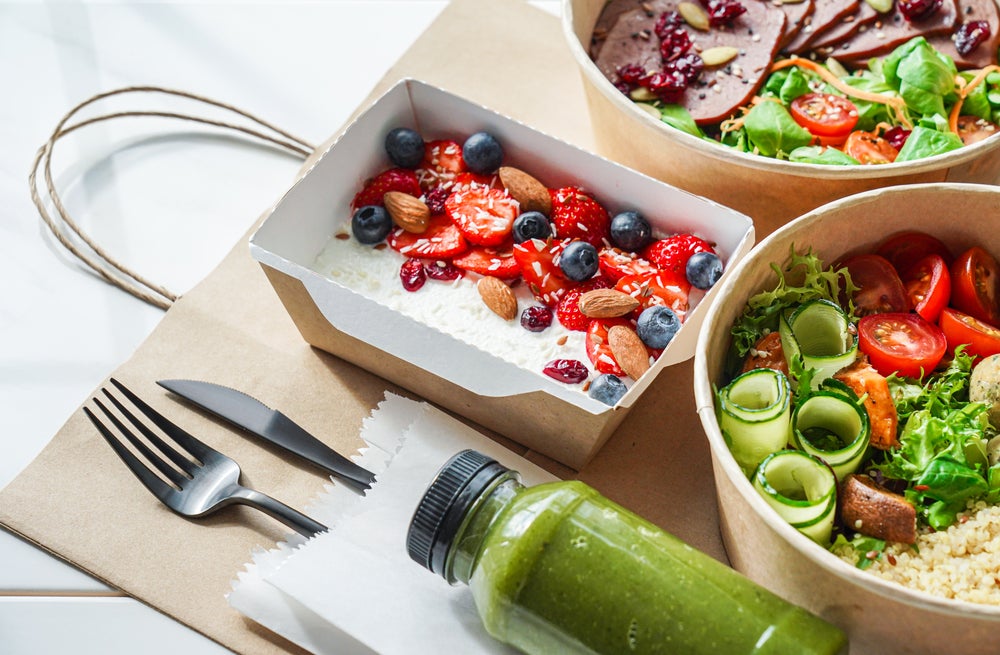
Packaging company goodnatured has analysed the prevalence of convenience eating among consumers and how ready-to-go food products are packaged.
According to the ‘Ready to Eat’ report, 72% of consumers are continuing to prioritise prepared foods despite cost-of-living concerns.
The main reason for this is to save time, as 69% of respondents said buying convenience foods allows them to spend more time with family or do something fun.
But packaging is also crucial in consumers’ buying decisions.
What do consumers expect from convenience food packaging?
As prepared meals have grown in popularity, there’s more attention given to how these meals are packaged and displayed.
Demand has increased for innovative and eco-friendly packaging that maintains the integrity of the stored food. Design features can include tamper resistance, chemical-free materials, fridge and freezer to microwave friendliness and leak-resistant seals.

US Tariffs are shifting - will you react or anticipate?
Don’t let policy changes catch you off guard. Stay proactive with real-time data and expert analysis.
By GlobalDataMore than half of goodnatured’s respondents are worried about their food being tampered with, followed by temperature.
Chemicals, such as BPAs and phthalates, leaching into the food are also referenced as a concern in food packaging. However, these worries can be a result of misinformation, as in the case of phthalates which have recently been classified by the Food and Drug Administration (FDA) as safe.
Food freshness was cited as the most important factor when buying convenience food and most consumers (86%) want high-clarity packaging as they would be more likely to buy the product if they can see what it looks like first.
The never-ending issue of sustainable packaging
Sustainable packaging is a top priority for 77% of consumers. However, 43% feel that it is a business’s responsibility to provide this.
When consumers have to dispose of or recycle sustainable packaging themselves, one in three have good intentions but are unclear on the proper procedures.
This is understandable as the available infrastructure to support packaging end-of-life options varies greatly by region, city and even waste management companies.
The results of goodnatured’s survey reassert the need for streamlined systems and consumer education, as one cannot succeed without the other.
The convenience of ready-to-eat meals shouldn’t end at the point of ingestion but rather carry on right through to the packaging’s end-of-life.


